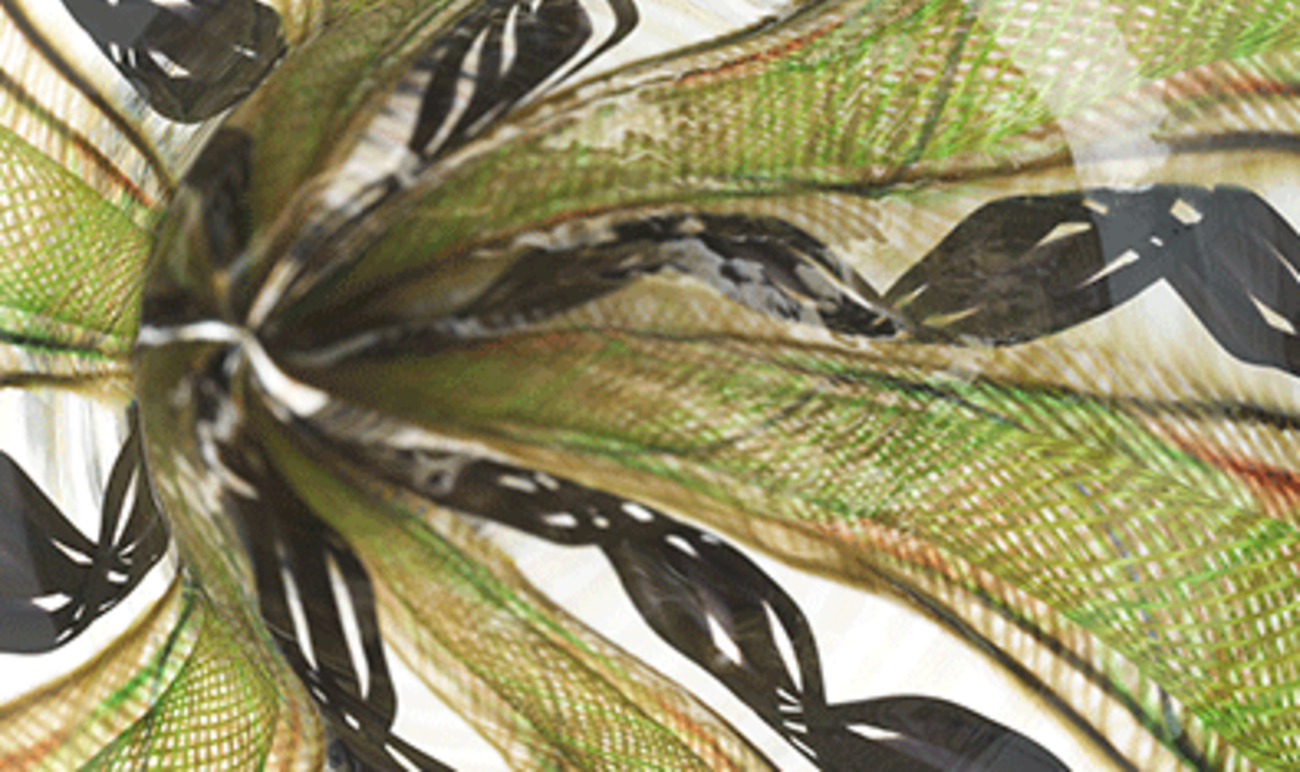Every two years, AIATSIS presents the Stanner Award to the best academic manuscript submitted by an Aboriginal or Torres Strait Islander author.
The award is open to all Indigenous Australian authors, scholars and academics.
A judging panel of eminent scholars is formed to assess, shortlist and select the winning manuscript. For the 2021 award, two of the three judges are Indigenous Australian academics; the third has published, taught, and worked in the area of Indigenous studies over many years.
The award prize consists, among other things, of a glass sculpture by celebrated artist Jenni Kemarre Martiniello, $5000 in prize money, and mentoring and editorial support to prepare the manuscript for publication.
The Stanner Award acknowledges the significant contribution of the late Emeritus Professor William Edward Hanley (Bill) Stanner to the establishment and development of AIATSIS.
The following are edited excerpts of the abstracts from the four finalist submissions for the 2021 Stanner Award, arranged alphabetically by author.
Sarah Bourke
Making Cultures Count: Transforming Indigenous Health Data in Australia
Whereas the Indigenous health narrative has, historically, been dominated by the voices of non-Indigenous medical practitioners, researchers, and politicians this thesis tracks the development of the first truly empowering national study of health and wellbeing in Indigenous Australia.
The Mayi Kuwayu National Study of Aboriginal and Torres Strait Islander Wellbeing is the first large-scale epidemiological survey in Australia to measure the relationships between culture and the health and wellbeing of Indigenous peoples from an Indigenous research perspective. A team of predominately Aboriginal researchers in partnership with Indigenous health experts, organisations, and community groups has developed a survey to quantify the relationships between cultural practice and expression, social determinants of health, health behaviours, and health and wellbeing outcomes for Indigenous Australians. This thesis follows the processes, people, and events that shaped Mayi Kuwayu.
Josephine Bourne
The Political Ecology of Indigenous Organisations: translating aspirations, values and principles
Aboriginal and Torres Strait Islander peoples have developed national organisational models since the establishment of the Federal Council for the Advancement of Aborigines and Torres Strait Islanders in the late 1950s. The emergence of Indigenous organisations and associations expanded across the country leading up to the 1967 referendum and during the protest and activism years in the 1970s. However, national Indigenous representative organisations continue to struggle to survive in mainstream governance environments in the public and third sector.
This research highlights the knowledge and skills Indigenous peoples have built through the work of politically mobilising First Peoples and building their organisations. The first half of this thesis reflects on the historical and political context for that Indigenous organisation-building. The second half draws on the stories of 22 Indigenous organisation leaders to identify emerging themes.
John Heath
Goori-Bugg Dreaming: Exploring the journey of Charlotte (Birrpai Goori woman) and James Bugg (her English convict husband), and their descendants through to today, with reflection on the law of the seven generations
Goori-Bugg Dreaming is an Indigenous narrative of aspects of the invasion/colonisation of the lands of the Birrpai and Worimi peoples of the mid north coast of New South Wales. The narrative is based on the lives and experiences of a family dynasty that now extends internationally, but commenced with a Birrpai Goori woman known as Charlotte, and an English convict named James Bugg. It follows seven generations of descendants up till the present.
This is an ethnographic work based largely on non-Indigenous historical records, viewed through the Indigenous eyes of a fifth-generation descendant, and enhanced through the input of other descendants, ranging from fourth to seventh generation. It highlights the reverberation along family lines of the challenging colonial experiences of the Goori-convict ancestors, and the resilience displayed by themselves and successive generations.
Elizabeth McEntyre
But-ton Kidn Doon-ga: Black Women Know Re-presenting the lived realities of Australian Aboriginal women with mental and cognitive disabilities in criminal justice systems
This work is presented by and with Aboriginal women with mental health and cognitive disability enmeshed in criminal justice systems. It re-presents their experiences and lives in their own words and through the lenses of Indigenous critical disability and criminology structure.
The lingering hurt felt by many Aboriginal individuals, families and communities from colonial interventions can be difficult for the majority of white Australia to understand. While colonial experiences, past and ongoing, can be different for each First Peoples’ individual, family and community, there is one experience which is intensely the same. Community crime, criminological records and correctional statistics for Australian states and territories over time make it clear that almost all Aboriginal and Torres Strait Islander families or communities have had some involvement with criminal justice systems.
The independent Stanner Award Judging Panel 2021 comprised:
Professor Bronwyn Fredericks (UQ)
Professor Tim Rowse (WSU)
Professor Maggie Walter (UTas)

